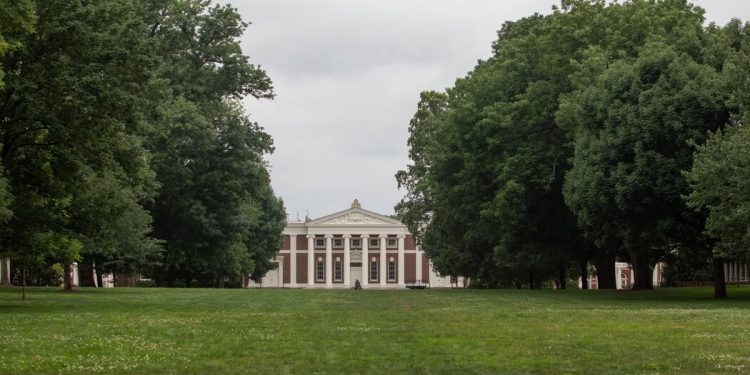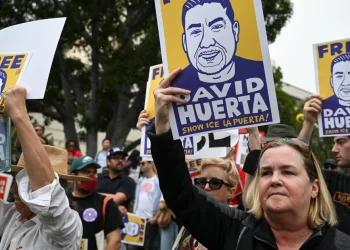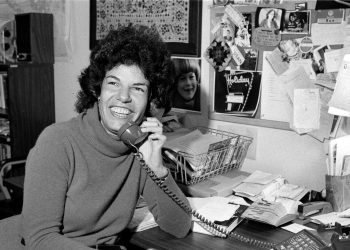The University of Virginia became the fifth school to reject a White House proposal to give universities preferential treatment if they meet a series of White House demands.
The White House offered the proposal to nine universities last week, asking them to sign a list of requirements laid out in a 10-page document in exchange for funds. In refusing to sign the agreement, Paul G. Mahoney, Virginia’s interim president, said that while the university agreed with many of the principles outlined in the proposal, it did not want “any special treatment” when it came to funding.
“A contractual agreement basing evaluation on anything other than merit will undermine the integrity of vital, sometimes life-saving, research and further erode confidence in American higher education,” Mr. Mahoney wrote in a memo to Linda McMahon, the Secretary of Education, and two other administration officials.
Mr. Mahoney’s announcement, which was also released to the campus community Friday afternoon, follows similar decisions made last week by other schools that received the government’s offer, including MIT, Brown University, the University of Pennsylvania and the University of Southern California.
Several university leaders who said they agree with some of the document’s provisions appear to be more discouraged by the deal’s “carrot”: special funding considerations.
They expressed concerns that an illegal two-tiered system was in place for distributing federal funds, allowing schools that signed the agreement to escape merit-based consideration in federal grants.
At a meeting of university leaders last Tuesday in New York, several presidents said they found the idea fundamentally inappropriate. For example, a school with particular expertise in researching a specific type of cancer could, under these provisions, be excluded from funding that research unless it signs the pact.
With growing signs that many universities would not accept the provisions of the document, called the “Compact for Academic Excellence in Higher Education,” the White House moved earlier Friday to rally support for the idea, hosting a conference call with some university presidents.
Eight schools, including Arizona State, the University of Kansas and Washington University in St. Louis, were invited to speak about the pact at Friday’s meeting, White House officials said. These three schools were not among those that initially received invitations from the administration earlier this month, but they were invited after others rejected the White House’s offer.
In exchange for special financial considerations, schools would have to agree to provisions such as freezing tuition, capping the number of international students, eliminating race and gender as factors in admissions decisions, and promoting conservative views on campus.
Mr. Mahoney’s memo to the administration, issued even as his campus is in negotiations with the federal government to resolve the investigations, follows opposition from the University of Virginia community.
The Faculty Senate voted 60-2 against the pact. And on Friday, a large group of students rallied against the idea on the Charlottesville campus.
Liz Huston, a White House spokeswoman, did not directly respond to the University of Virginia’s announcement.
But in a statement referring to Friday’s meeting, she said the administration held a “productive call with several university leaders” to discuss the pact.
It also seemed to invite revisions to the document.
“They now have the baton to consider, discuss and propose meaningful reforms, including their form and implementation, to ensure that college campuses serve as laboratories of American greatness,” his statement said.
Earlier this week, Ms Huston took a firmer tone, warning that “any higher education institution unwilling to take responsibility and tackle these necessary and overdue reforms will find itself without future support from government and taxpayers”.
Two people familiar with the discussions said Friday’s conversation was cordial and that Trump officials indicated they were willing to reconsider parts of the proposal in the coming weeks. But it was unclear to what extent the administration would carry out a rewrite or how quickly.
Marc Rowan, the billionaire financier who helped design the proposal, participated in the call, according to the two people.
Michael C. Bender And Alan Blinder reports contributed.









